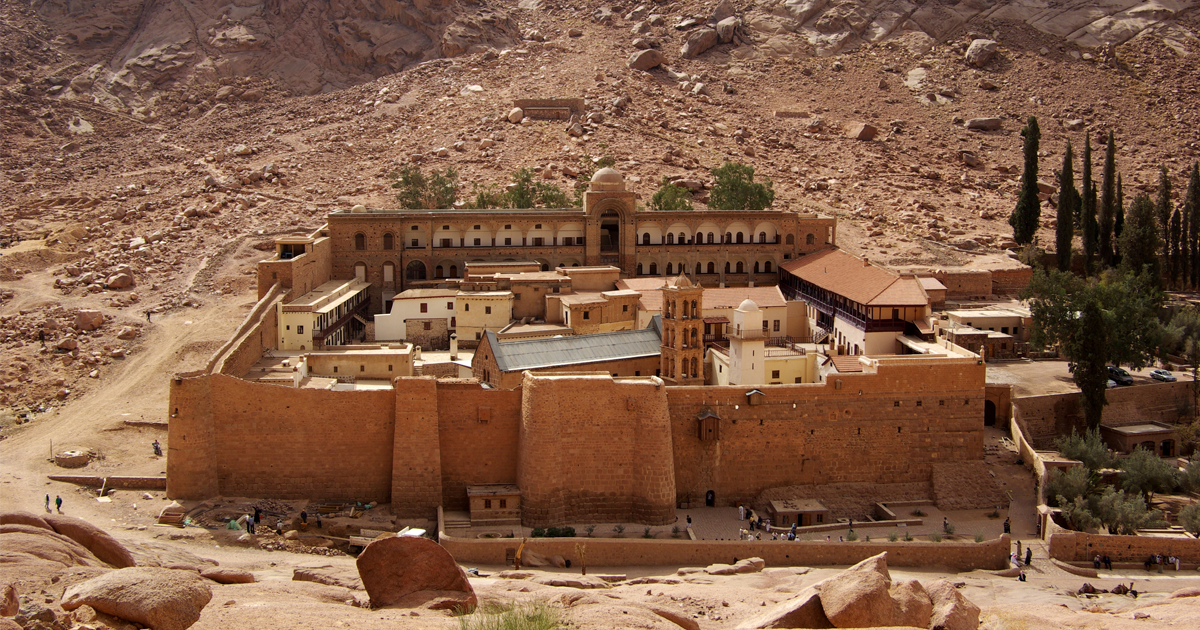The Orthodox Church does not change along with the world. We resist passing fads, and we are not innovators when it comes to matters of faith, dogma, and worship. Our heads and hearts are not easily turned. We stand firm and do not make concessions to the world. But we do accommodate ourselves to the world. Just […]
- Categories:
- Orthodox News








